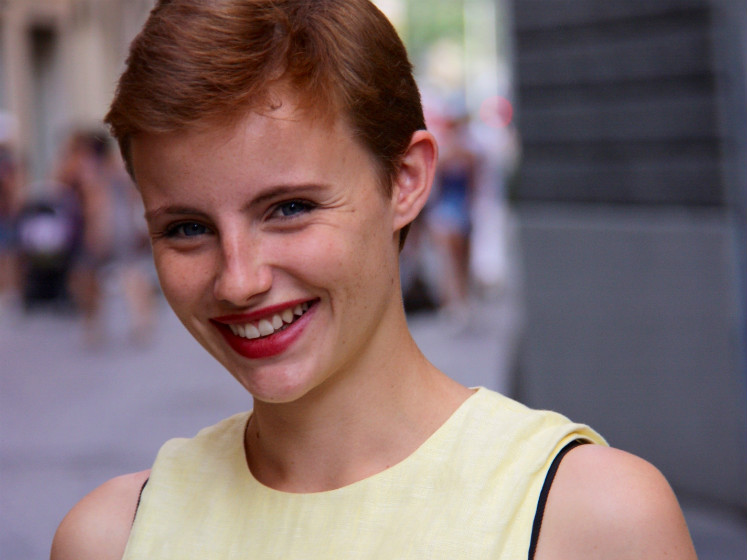 Chloé de Canson
Chloé de Canson
What are you currently researching?
I am working at the intersection of formal epistemology, an area of philosophy concerned with what rational agents can and should believe about the world, and philosophy of language, an area concerned with how we represent the world with language.
More specifically, I am interested in how the way in which we represent the world affects what we are justified in believing about the world. So, take a person with two names, “Clark Kent” and “Superman”, and assume that I don’t know that these two names pick out the same person.
Depending on how I represent this person to myself (as Clark Kent, or as Superman), it seems that I am both justified in believing that he is strong, and that he is not. In my research, I study this puzzle and related others; and investigate their implications for debates in formal epistemology.
What attracted you to this area of research?
In my research, I use tools from mathematics, and especially from probability theory. This helps make questions more precise, and clarify what the potential answers are.
At the same time, the questions I am interested in come from very traditional areas of philosophy, and have long and rich histories. I particularly enjoy that my research has both these aspects.
How will your research improve or have a wider impact on society?
Suppose that a policy-maker is trying to decide whether to build a dam. It would be disastrous if there were a flood, but it would also be very bad if public money were wasted on a useless dam.
So, among other things, the policy-maker’s decision depends on how confident she is in the water levels rising. How confident agents ought to be in various events, and how that is affected by how they represent that event, is what my research is about. So, its potential impact on society is considerable.
What do you hope to do career-wise, long term?
I would like to stay in academia.
What are your top three tips to prospective students on the most effective way to approach research and keep stress levels down?
Everything you say “yes” to takes time away from research. So, before agreeing to anything, ask yourself: is this really worth my time?
Write every day. It doesn’t have to be good, let alone ground breaking, but it will keep you from getting stuck, and most importantly, it will keep you excited. That’s how good research happens.
Talk to people. Try out ideas on your fellow PhD students, supervisors, other faculty members; even your friends and family. It will help you formulate things more clearly (there’s no challenge like explaining philosophy to an accountant relative!), and see where the problems are and what needs more work.
What resources are available at LSE to help young researchers?
I work most days in the PhD office of the department. It’s a great place to write and talk about research (see points 2 and 3 above).
What do you enjoy most about studying at LSE?
The philosophy department is a very close-knit community with lots of events, academic and not. It’s supportive and exciting, so it provides all I need for good research.
See all interviews with LSE researchers